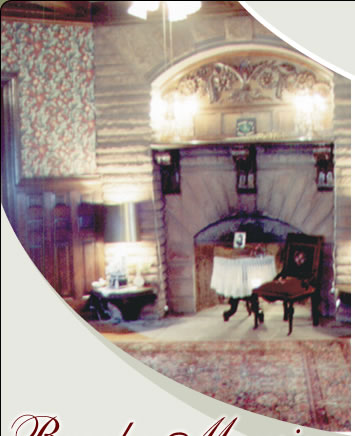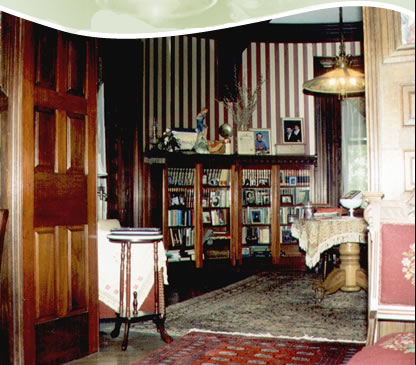| Daring, outrageous, even wild -
adjectives not ordinarily applied to a Victorian architect
- describe Philadelphia native Frank Furness. But then
Furness was no ordinary Victorian architect. In the 1870s,
he developed a uniquely personal architectural style that
elicited gasps of horror and disbelief from public and
press alike. Even in this century (before Victorian styles
returned to fashionable acceptance), many regarded his
work as the ugliest from an "Age of Ugliness."
Fortunately, Furness's place in history is secure. Today
he is admired for the power and strength of his expressive
designs and hailed as one of the most inventive architects
of his period. He was certainly among the most influential.
When Furness began his architectural career in 1859,
Philadelphia was a staid and sober Quaker city, comfortable
in its old traditions. Half a century later, he left
a metropolis on the forefront of architectural excellence.
Whether the critics liked it or not, Furness's work was
popular with the emerging business and railroad elite
who wanted energetic, avant-garde architecture to provide
a public identity for their growing enterprises, as well
as striking new homes to stand as testament to their
personal wealth and importance.
|





